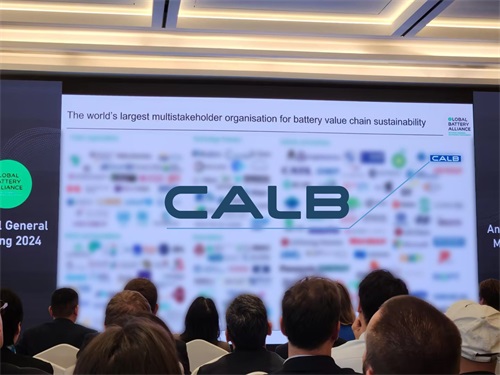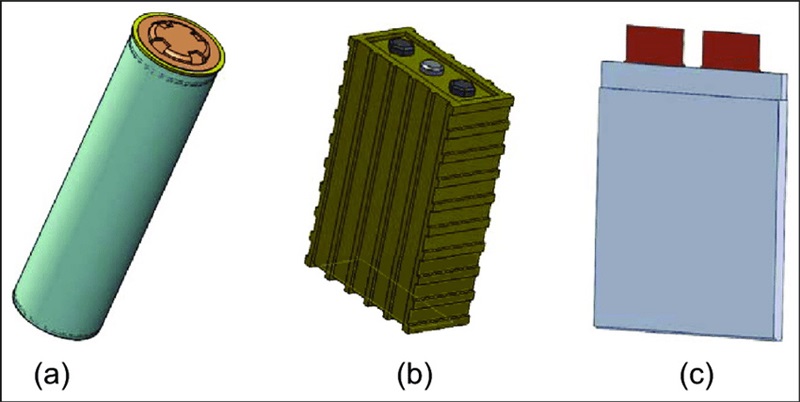CALB and Smart cooperation battery project won the 2024 "Battery Passport" pilot work achievements list

Recently, the Global Battery Alliance (GBA) officially released the results of the 2024 "Battery Passport" pilot projects. This round of pilot initiatives, launched in June this year, includes over a dozen projects, most of which involve leading global battery manufacturers. The battery project developed by CATL in collaboration with Smart is among the ten pilot projects highlighted in this release, marking an important milestone in CATL’s efforts to promote transparency and sustainable development within the battery industry.
In January 2023, GBA presented the results of the first round of "Battery Passport" work at the World Economic Forum in Davos, primarily for concept verification. For the industry, the "Battery Passport" helps establish standardized data management for the entire battery lifecycle, improving transparency and traceability across the entire battery supply chain, and promoting sustainable development within the battery sector. This innovative initiative provides a standardized solution for the global battery industry, enhancing consumer trust and fostering international collaboration in areas such as battery safety, recycling, and reuse.
In recent years, while actively participating in the GBA "Battery Passport," CATL has also worked closely with domestic industry organizations to build and promote a localized "Battery Passport" ecosystem in China. As a global leader in battery manufacturing, CATL is committed to advancing the unification and refinement of industry standards, striving for mutual recognition between domestic and international "Battery Passport" systems, and contributing to the sustainable development of the global battery industry. Through these efforts, CATL not only demonstrates its technological strength within the global battery industry but also strengthens the voice of China's battery industry on the international stage.
The implementation of the Battery Passport is not just a technological advancement; it represents a strong commitment by the global battery industry to sustainability. CATL understands that the success of the "Battery Passport" project depends on the collective efforts of multinational companies and various stakeholders across the supply chain. CATL will continue to uphold its green development philosophy, actively participate in the co-building of relevant standards and ecosystems, and promote the mutual interoperability and trust between domestic and international "Battery Passport" systems. Such efforts will not only ensure the safety, stability, and traceability of the battery supply chain but also enhance the global competitiveness of battery manufacturing enterprises, laying a solid foundation for the healthy and orderly development of the global battery industry.

